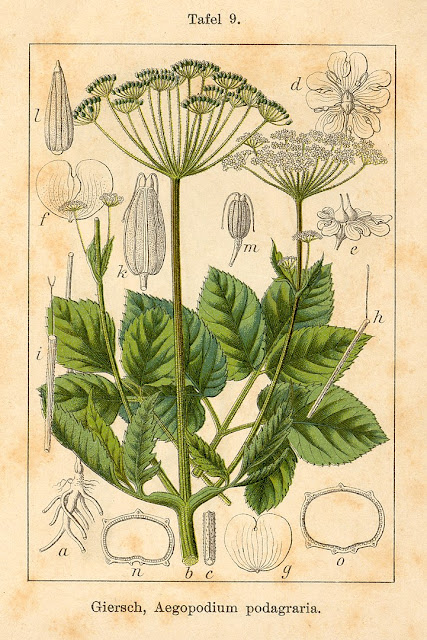Complexity
Starting to notice nature quickly impresses upon you how life abounds. Grass grows, flowers flourish, weeds run rampant, creatures teem in the soil and on the plants and in the air. Our garden is infested with ground elder, a plant remarkable for how even the tiniest trace of a piece of its root in the soil will lead to rapid infestation. This would be admirable were it not so annoying.
My preference is for clean simplicity. When looking to explain what I believe as a Christian, I would prefer a short list of clear points. Three lines at most on a white background. Is that simple, or stark? Is it clear and clean, or sanitised and lifeless? Carl Trueman helped me make my peace with a messy garden and complicated descriptions of belief in his book about church creeds and confessions, The Creedal Imperative (Crossway, 2012, 224 pages):
“History teaches that many Christian doctrines can only exist in a stable form within a relatively complex network of related doctrines. Christian theology, in other words, always has a certain ineradicable complexity, which has serious implications for the modern evangelical predilection for simple and very brief statements of faith.” (location 203, Kindle edition)God is complex, His creation is complex, so what we believe and do will be complex. I find this annoying when weeds and brambles are tracing their roots underneath an overgrown lawn, but life abounds and takes no account of my preferences.
“[T]he church’s doctrinal confession is analogous to the nature of living organisms. If you drop below a certain level of complexity – genetic, physiological, or whatever – life becomes simply unsustainable. As a mouse needs a heart, blood, a brain, teeth, a digestive system, etc., and a genetic makeup that provides all the above or else it will perish, so a church confession needs a level of complexity in order for each of its doctrines to be stable and to function correctly within her life.” (l.2708)
